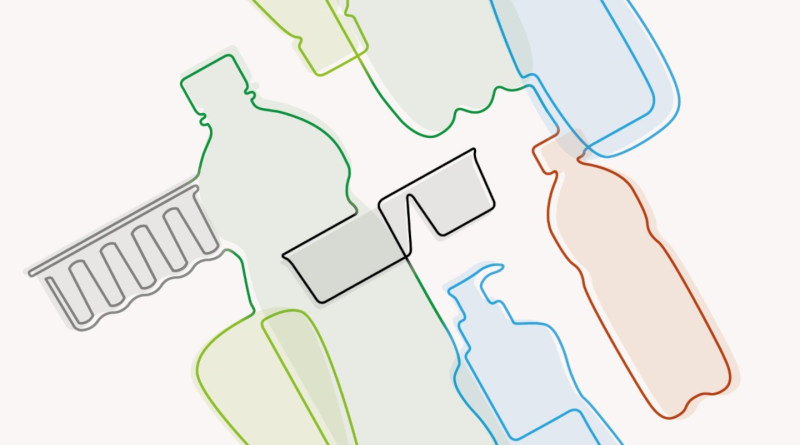BP’s new technology to enable circularity for unrecyclable PET plastic waste
BP has developed an enhanced recycling technology, BP Infinia, that enables currently unrecyclable polyethylene terephthalate (PET) plastic waste to be diverted from landfill or incineration and instead transformed back into new, virgin-quality feedstocks. BP plans to construct a $25 million pilot plant in the US to prove the technology, before progressing to full-scale commercialisation.
Tufan Erginbilgic, BP’s Downstream chief executive, said: “We see our Infinia technology as a game-changer for the recycling of PET plastics. It is an important stepping stone in enabling a stronger circular economy in the polyester industry and helping to reduce unmanaged plastic waste.”
PET is the most commonly used plastic for beverage and rigid food packaging. Around 27 million tonnes of PET a year are used in these applications globally, with the majority – around 23 million tonnes – used in bottles. (Wood MacKenzie Chemicals Data) BP Infinia technology is designed to turn difficult-to-recycle PET plastic waste – such as black food trays and coloured bottles – into recycled feedstocks that are interchangeable with those made from traditional hydrocarbon sources.
BP’s new pilot plant is planned to be located at its research and development hub in Naperville, Illinois. It is expected to be operational in late 2020 to prove the technology on a continuous basis.
BP’s enhanced recycling technology involves chemically converting complex PET plastic waste back to original monomer feedstocks through a depolymerisation process. The technology also aims to purify these ‘building blocks’ monomers into recycled purified terephthalic acid (rPTA) and recycled monoethylene glycol (rMEG) which would then be interchangeable with those produced from traditional hydrocarbon feedstocks. The recycled feedstocks could then be used to manufacture high-performance polyester for packaging, clothing and industrial fibre products and applications.

